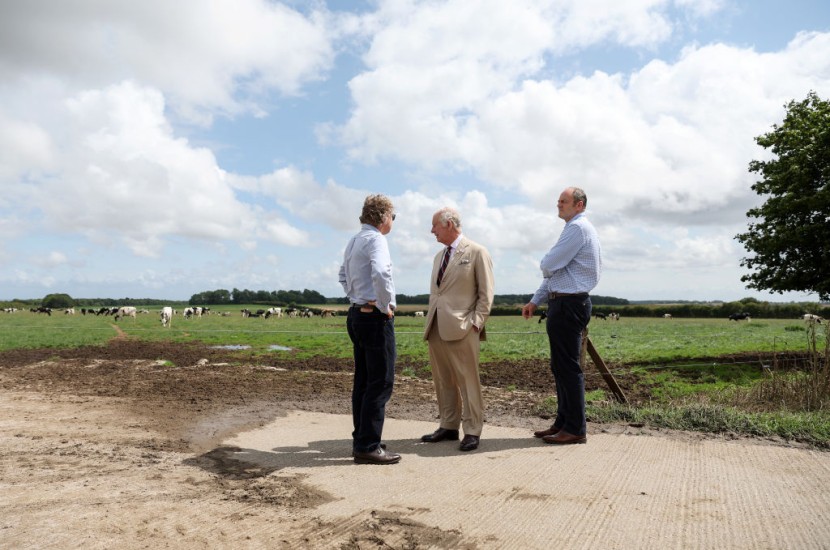A Lincolnshire project has been awarded funds to assist in the conservation of a tiny aquatic mammal that is currently threatened.
The uncommon crystal moss is an invertebrate that has declined in the UK owing to habitat degradation, according to BBC News.
It is one of 11 bryozoa species found in the UK and was discovered at a blow well, a habitat found exclusively in North and North East Lincolnshire, according to an environmental organization. It is one of 63 schemes in England to receive a share of £14.5 million.
Natural England's overall budget is going toward breeding programs and habitat improvement for a variety of species.
Bryozoans are tiny, filter-feeding sea organisms that live immobile in their adult state, stuck to the edges of boulders, rocks, or other surfaces.
The Lincolnshire Chalk Stream Project's recovery project tries to develop new populations of the uncommon mammal. According to the environmental organization, there are approximately 37 known blow wells between Louth and Barton upon Humber.

The funds were given after a competitive application process and will be used in projects around the country by environmental charities, wildlife organizations, local governments, and charities.
The initiatives will contribute to the delivery of the Nature Recovery Network by establishing, enhancing, and linking new wildlife-rich sites that benefit people and help animals survive.
The initiatives will also create new chances for individuals to benefit from the natural world's well-being advantages, as well as assist in building resilience to climate change while preserving the important ecosystems that provide us with healthy soil, clean air, and water.
Improving wildlife strongholds and investing in long-term species recovery will help the government meet its pledge to reduce species extinction by 2042 compared to 2022 levels, restore over 500,000 hectares of wildlife habitat, and increase species abundance, as outlined in the Environmental Improvement Plan.
Read also: Chinese Archaeologists Discover First-Ever Intact Panda Remains in Han Dynasty Tomb
Artificial Intelligence for Wildlife Conservation
Also, a revolutionary artificial intelligence technology is redefining animal conservation. This AI tracking tool dubbed the "biggest leap forward in a century" by scientists, is giving critical data to protect endangered British species. In this post, we'll look at how artificial intelligence is transforming wildlife monitoring and conservation activities in the United Kingdom.
Microsoft scientists collaborated with the UK wildlife charity Fera Science, as reported by Medium. They collaborated to create a novel system that blends motion-sensor cameras with a cutting-edge AI image analysis platform. Cameras are placed across the habitats of target species to catch animal movements. Instead of saving entire photos, motion sensors send only pixel changes to the cloud.
The ground-breaking AI software filters out noise and unnecessary motion, detects probable animal movement, and compares pixel changes to stored outlines of distinct species. When a match happens, the AI system highlights it for expert assessment. This allows for accurate species detection and monitoring without the need to store or evaluate large amounts of data. The system was field-tested in 2020 before being disseminated across the UK at over 500 locations.
This AI tracking tool provides large amounts of data on population sizes, behaviors, migrations, and trends over time and space. Analyzing this plethora of data gives conservationists capabilities that did not previously exist. The technique finds even uncommon and elusive species that traditional approaches miss. Machine learning algorithms are constantly improving detection accuracy for many species in changing settings.
When compared to human surveys, remote monitoring reduces expenditures and field labor. AI tracking identifies previously unknown populations and gives geospatial data to direct conservation efforts by covering more habitats. By recognizing negative patterns, the technique allows for earlier intervention against dwindling species. AI tracking provides an important new weapon in the struggle to conserve Britain's endangered animals.
Related article: Rare, Spotless Giraffe Born in Tennessee Zoo; Here's What the One-of-a-Kind's Potential Name!








